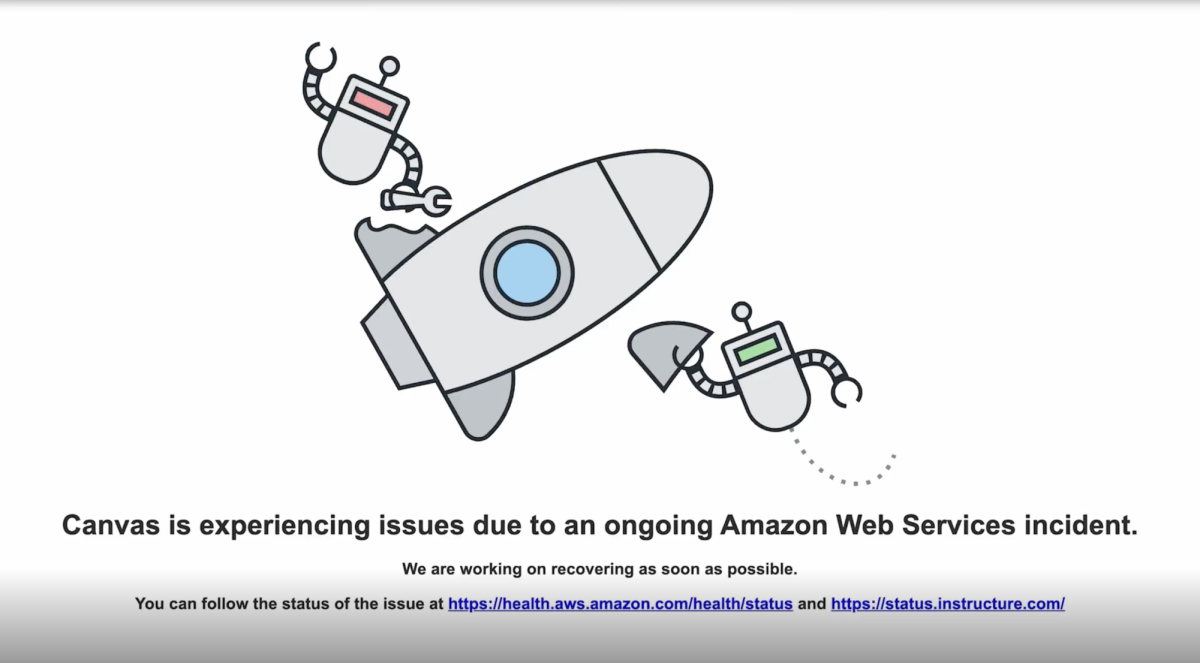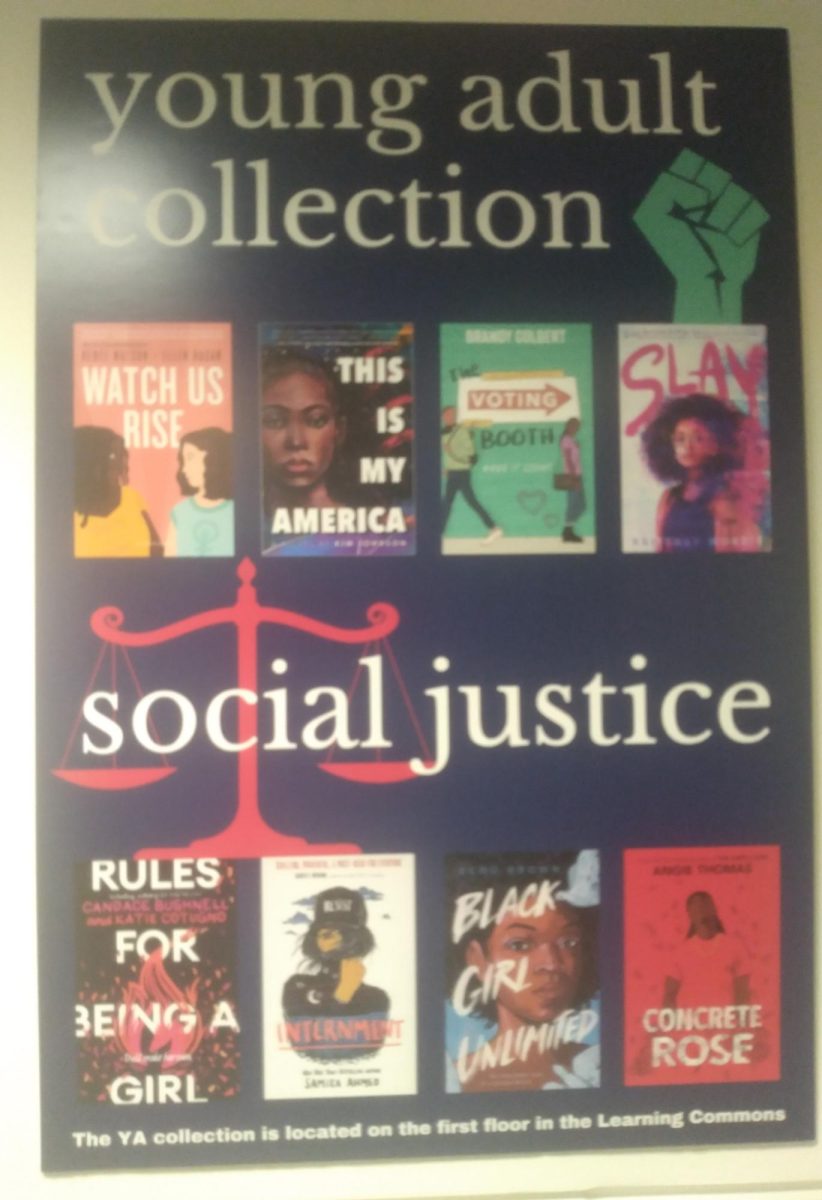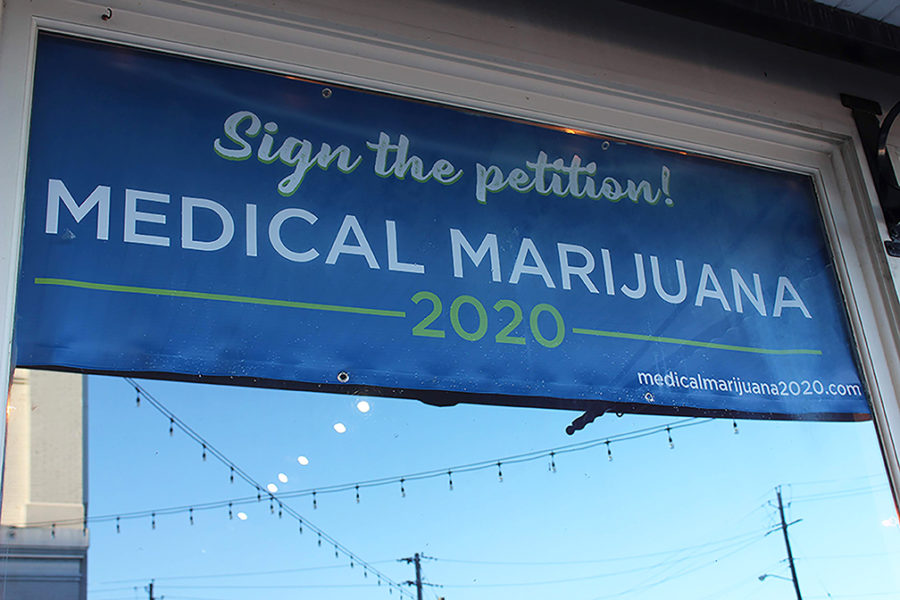You may have smelled it before. Its unmistakable, potent, skunk-like odor can be found everywhere from music festivals to apartment complexes. Whether it delights or disgusts you, marijuana is currently illegal in Mississippi.
However, things may soon change. In the Nov. 3 election, Mississippians will decide whether to amend the state constitution with Initiative 65, which would legalize marijuana for medicinal purposes.
The campaign behind the initiative, Medical Marijuana 2020, is funded by Mississippians for Compassionate Care. They created the petition behind Initiative 65, spending a year gathering signatures across Mississippi.
“We had signature gatherers all over the state […] in neighborhoods, parking lots, anywhere where there were people,” Jamie Grantham, the Communications Director for Medical Marijuana 2020, said.
Initiative 65 qualified for the ballot in January with over 228,000 signatures, far surpassing the 86,000 signature requirement. Since then, Grantham and her team have traveled across Mississippi, speaking to various groups and informing voters about the benefits of medical marijuana and the specifics of Initiative 65.
If approved, the initiative will establish a $11 million dollar medical marijuana program in Mississippi by the summer of 2021. It mainly applies to patients suffering from 22 types of debilitating medical conditions, such as cancer, epilepsy, post-traumatic stress disorder and chronic pain.
According to Initiative 65, potential patients will need to get a “physical certification” from a licensed physician to determine if they qualify for treatment. If they qualify, they would then need to receive a program identification card from the Mississippi Department of Health, which would regulate the program. They would also need to receive their medication from a designated medical marijuana treatment center.
Grantham knows this alternative medicine will better the lives of many suffering patients in Mississippi.
“These are people with chronic pain, with neurological pain, with muscle spasms, with seizures,” Grantham said. “People with cancer and who are so noxious and are undergoing chemotherapy treatment that some of them can’t eat and get to the point where they literally can’t even drink water.”
There are many opponents of Initiative 65, however. The Mississippi Association of Chiefs of Police (MACP), which includes 330 police chiefs statewide, have publicly denounced Initiative 65.
“The long-term consequences of a constitutional amendment to address this need will have detrimental impacts to the communities we are protecting,” the association wrote in an Oct. 6 statement.
MACP, like many against Initiative 65, believe medical marjuana is not researched enough to legalize. They also claim there will be no zoning regulation for treatment centers, aside from a stipulation that says a treatment center must not be built within 500 feet of a church or school.
Dr. Rachel Knox, a cannabinoid medicine specialist working with Medical Marijuana 2020, disagrees. She has seen cannabis use positively affect her patients firsthand, and has many peers who advocate for medical marijuana.
“We have a lot [of research about medical marijuana]. We have over 21,000 peer-reviewed research articles that demonstrate the medicinal potential of cannabis as medicine,” Knox said.
Grantham also disagrees with MACP’s claims, especially their claims about “no zoning regulations” within Initiative 65.
“Well, that’s one hundred percent false,” Grantham said. “If you look at Initiative 65, you will see that there are zoning requirements in there […] Also, it needs to be treated like a pharmacy.”
Shortly after Initiative 65 qualified for the November ballot, other medical marijuana opponents from the Mississippi State Legislature offered another challenge to the measure: the competing Initiative 65A.
Initiative 65A would allow for the use of medical marijuana, but only to terminally ill patients. It also does not lay out the framework to create a comprehensive program like Initiative 65 does. If 65A is approved, the state legislature would have to set many of the program’s details.
Grantham says Initiative 65A is only an attempt to confuse voters and kill any hope of a medical marijuana program in the state.
“[Lawmakers] are not supportive of the idea of medical marijuana,” Grantham said. “They’ve blocked every single attempt to ever pass it. And 65A is just another attempt to do that instead of honoring what the people put on the ballot and the people’s voices.”
Medical Marijuana 2020 has responded to 65A accordingly. They have had to ramp up efforts to educate voters not only about medical marijuana, but also about the differences between its initiative and the state legislature’s. The Medical Marijuana 2020 website even includes a chart that lists the differences between the two competing initiatives.
Though Grantham was angered by the apathy she saw from the state legislature, she takes solace in the fact so many Mississippians support Initiative 65. One survey found 81% of Mississippians support the use of medical marijuana, regardless of their age or background.
“This is not a Democrat issue. This is not a Republican issue. This is a health care issue,” Grantham said. “It is wrong that it is being politicized because this is a human rights issue. This is a medical issue. This is a compassion issue.”
With less than a week until the Nov. 3 election, Grantham is confident about the results. She believes Initiative 65 will prevail thanks to the will of Mississippians.
“I believe that people will do their due diligence and that we will come away with a medical marijuana program after November third,” Grantham said. “We know that that Mississippi wants this. The people have spoken, and people are very passionate about this.”.
























